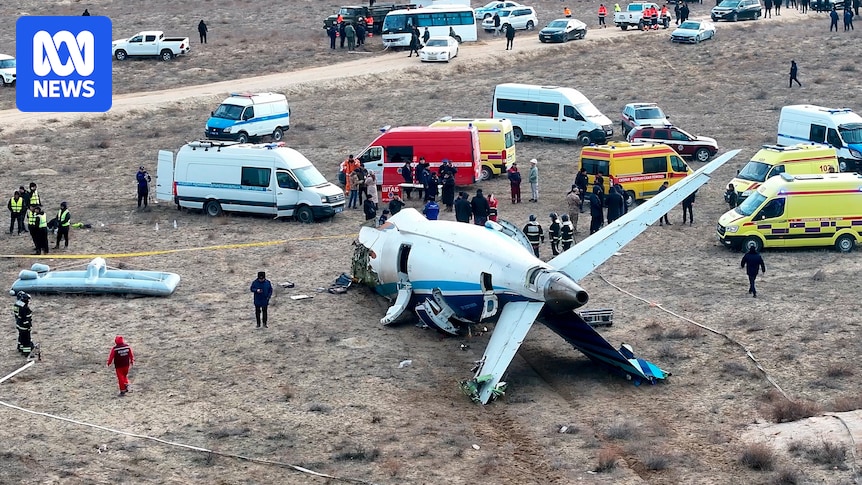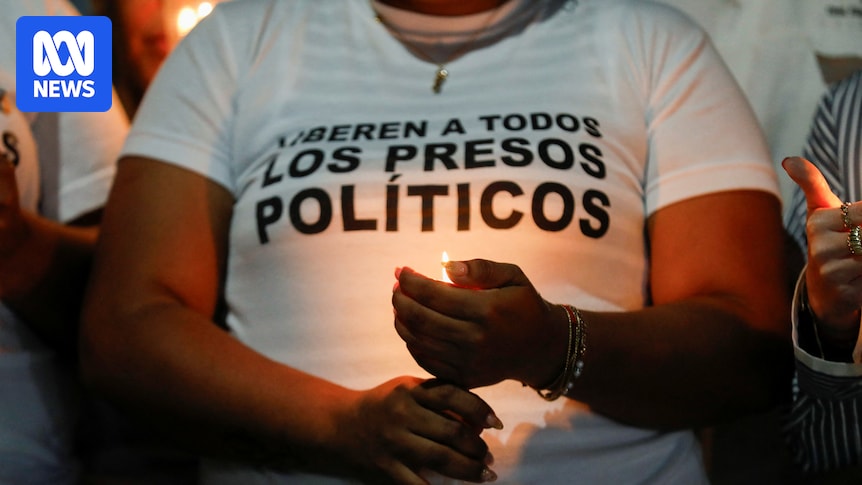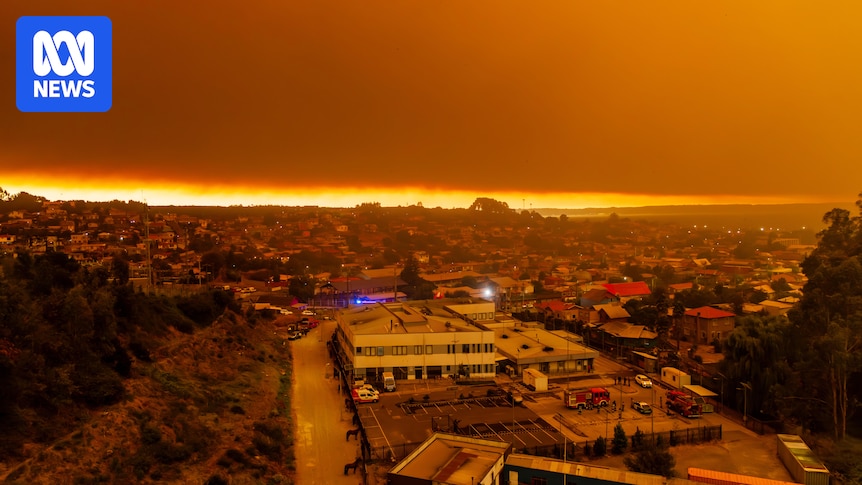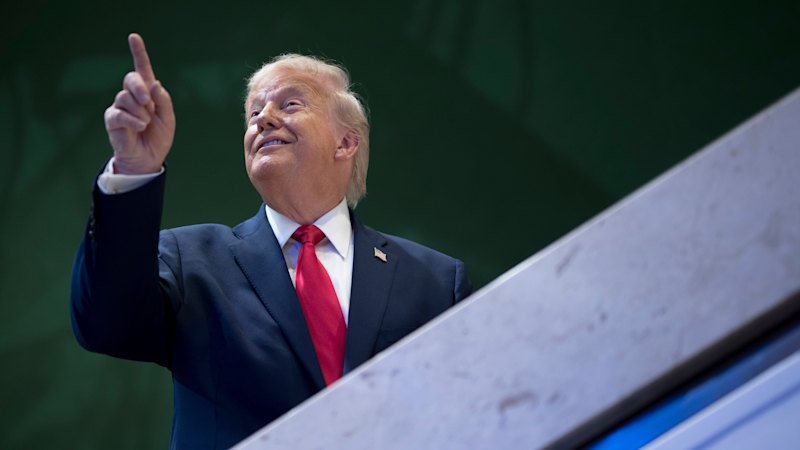
Vladimir Putin publicly acknowledged on Thursday that Russian air defenses were responsible for the downing of an Azerbaijani jetliner in December 2024, which resulted in the tragic loss of 38 lives. This marks the Russian president’s first public admission of responsibility, aiming to defuse escalating tensions between Russia and Azerbaijan.
Putin revealed that two missiles, intended to target a Ukrainian drone, detonated merely ten meters from the Azerbaijan Airlines plane. Addressing Azerbaijan’s President Ilham Aliyev, Putin described the incident as a “technical malfunction” and assured that Russia would undertake measures to compensate the victims’ families and hold accountable those responsible.
“The Russian side will obviously do everything to provide compensation and give legal assessment to all responsible officials’ action,” Putin stated. “Of course, these words related to this tragedy, aimed at supporting — morally supporting — the families do not solve the main problem: we can’t bring back to life those who died as a result of the tragedy.”
Efforts to Mend Strained Relations
President Aliyev expressed gratitude for Putin’s commitment to investigating the incident. “I would like to thank you for keeping the situation under your personal control,” Aliyev said during their meeting in Dushanbe, Tajikistan, where both leaders were attending a summit of former Soviet nations.
This development follows initial Azerbaijani claims that the Embraer 190 jet was accidentally hit by Russian fire before attempting an emergency landing in western Kazakhstan, where it ultimately crashed. Initially, Putin had offered an apology to Aliyev, referring to the crash as a “tragic incident,” but stopped short of taking full responsibility, which led to criticism from Aliyev for Moscow’s perceived attempts to “hush up” the incident.
Background and Broader Implications
The crash has significantly strained the previously warm ties between Moscow and Baku. Relations were further destabilized by unrelated incidents involving ethnic Azerbaijanis in Russia and arrests of Russians in Azerbaijan. The diplomatic rift comes at a critical time for Russia, which has been seeking to bolster relations with Azerbaijan amid its geopolitical challenges following the 2022 invasion of Ukraine.
Azerbaijan is a crucial transport corridor for Russia’s trade with Iran and other Middle Eastern partners. The energy-rich nation not only imports oil and gas from Russia to meet its domestic needs but also exports its hydrocarbons to Western markets. Conversely, Russia remains the primary market for Azerbaijan’s agricultural exports and hosts a significant Azerbaijani diaspora.
By the Numbers: A 2021 census recorded approximately half a million ethnic Azerbaijanis residing in Russia, though unofficial estimates suggest the number could be as high as 2 million.
Looking Forward: Restoring Bilateral Ties
Despite the tensions, both leaders signaled a mutual desire to mend relations. “I hope that our cooperation not only will be restored, but continue in the spirit of our relations, the spirit of our alliance,” Putin remarked. Aliyev echoed this sentiment, expressing optimism about a “broad and positive” bilateral agenda and hoping that their messages would resonate positively with their respective societies.
The move represents a significant step towards reconciliation, as both nations acknowledge the importance of their strategic partnership. With Russia facing extensive Western sanctions, Azerbaijan’s role as an ally and economic partner becomes increasingly vital. The resolution of this incident may pave the way for renewed cooperation, benefiting both countries in the long term.





